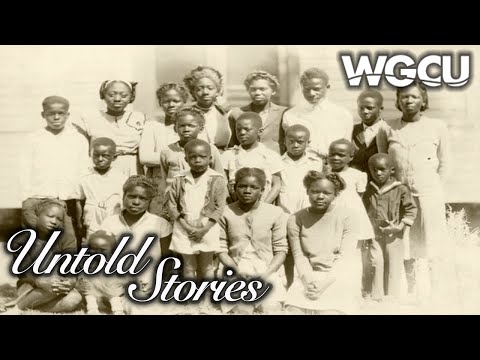Introduction:
The history of the United States holds a dark secret, one that is often swept under the rug or glossed over by mainstream narratives. It is a fact that more than a quarter of U.S. presidents were involved in slavery and human trafficking. While these leaders are celebrated for their contributions to the nation, it is essential to acknowledge the painful truths that lie beneath their legacies.
Slavery in America:
Slavery was an institution that thrived on American soil for nearly 250 years, beginning in the early 17th century until its abolition in 1865. During this time, millions of Africans were forcibly transported across the Atlantic Ocean, enduring unimaginable suffering and abuse as they became enslaved laborers on plantations across the country. This exploitative system formed an integral part of America’s economic growth and development.
Presidential Involvement:
While we often perceive U.S. presidents as embodiments of democracy and freedom, it is important to highlight their own connections to slavery and human trafficking:
1. George Washington (1789-1797): As a slave owner himself, Washington had around 300 enslaved individuals working at his Mount Vernon plantation in Virginia.
2. Thomas Jefferson (1801-1809): While remembered as a champion of Enlightenment ideals and author of the Declaration of Independence, Jefferson owned over 600 slaves throughout his lifetime.
3. James Madison (1809-1817): Madison owned more than 100 slaves on his Montpelier estate in Virginia.
4. Andrew Jackson (1829-1837): Known for his populist presidency, Jackson was heavily involved in both human trafficking and slave trading throughout his lifetime.
5. James Monroe (1817-1825): Monroe inherited numerous slaves and continued to acquire more during his time as president.
6. Ulysses S. Grant (1869-1877): Despite his role in championing Civil Rights as the commanding general of the Union Army during the Civil War, Grant owned one enslaved person before their emancipation.
The Impact:
The involvement of these presidents in slavery and human trafficking cannot be downplayed. Their ownership of enslaved individuals perpetuated a system built on human misery, wherein countless lives were commodified and subjected to horrendous conditions. The fact that these men held the highest office in the land, making decisions that affected millions, underscores the moral contradictions within America’s founding principles.
Addressing This Legacy:
Acknowledging this untold history is a crucial step toward collective healing and understanding. It necessitates a reevaluation of our historical narratives, school curricula, and public discourse surrounding these figures. Rather than simply idolizing them without scrutiny or critique, it is vital to recognize their flaws and complicity in perpetuating an immoral system.
Conclusion:
Recognizing that over a quarter of U.S. presidents were involved in slavery and human trafficking shines a light on an overlooked aspect of American history. It forces us to confront our nation’s past mistakes head-on and encourages a nuanced understanding of these leaders’ legacies. By exposing this dark chapter, we can work towards justice and equality with greater clarity while ensuring that history never repeats itself.





